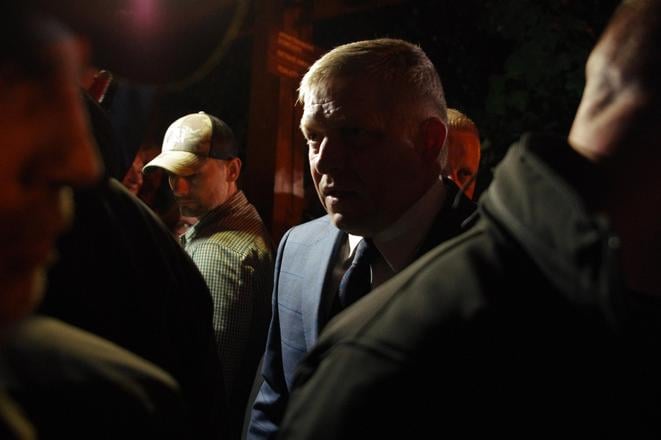“I am ready to continue blocking sanctions against the Russian Federation – even at the cost of a major crisis within the European Union. I say this with full seriousness,” Slovak Prime Minister Robert Fico declared on July 12.
His message was clear: unless Brussels offered concrete guarantees for Slovakia’s energy security beyond 2028, he would not support the EU’s latest sanctions package targeting Moscow for its ongoing invasion of Ukraine and its sabotage activities within Europe.
Despite receiving proposed safeguards from the European Commission, Fico continued to stall the bloc’s 18th sanctions package into mid July, insisting it be tied to binding commitments on future gas supplies. His stance frustrated Brussels and left Slovakia increasingly isolated within the EU.
By July 16, the deadlock had triggered a renewed diplomatic standoff, with multiple rounds of negotiations and concessions from the commission failing to sway Fico. EU leaders grew impatient with what they saw as his obstructionist tactics.
Talks failed again on July 16, with no breakthrough in sight, and Fico followed up with a letter to Commission President Ursula von der Leyen calling the proposed guarantees “insufficiently specific”. A final vote, initially planned for July 15, had been delayed at Slovakia’s request.
However, on the night of July 17 – the anniversary of Slovakia’s 1992 declaration of sovereignty – Fico backed down. In a video message, he announced that his government would green-light the EU’s 18th package of sanctions against Russia, citing unspecified “guarantees” that he said he had secured from von der Leyen regarding Slovakia’s energy security.
“All options are now exhausted,” Fico said. “Remaining in a blocking position would threaten our national interests.”
According to Fico, the deal includes assurances on gas price stability, transmission fees and an emergency mechanism that could suspend the EU’s planned Russian gas import ban in case of severe supply disruptions. These measures appear to stem from weeks of technical talks, outlined in a final letter from von der Leyen on July 15 – i.e. the offer that Fico initially rejected.


 Prime Minister Robert Fico (Smer) during the 21st anniversary celebration of the Day of Sovereignty of the Slovak Republic on Saturday, 12 July 2025, in Stará Bystrica. (source: TASR)
Prime Minister Robert Fico (Smer) during the 21st anniversary celebration of the Day of Sovereignty of the Slovak Republic on Saturday, 12 July 2025, in Stará Bystrica. (source: TASR)